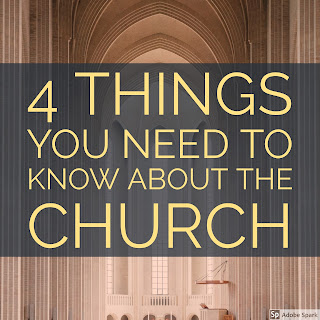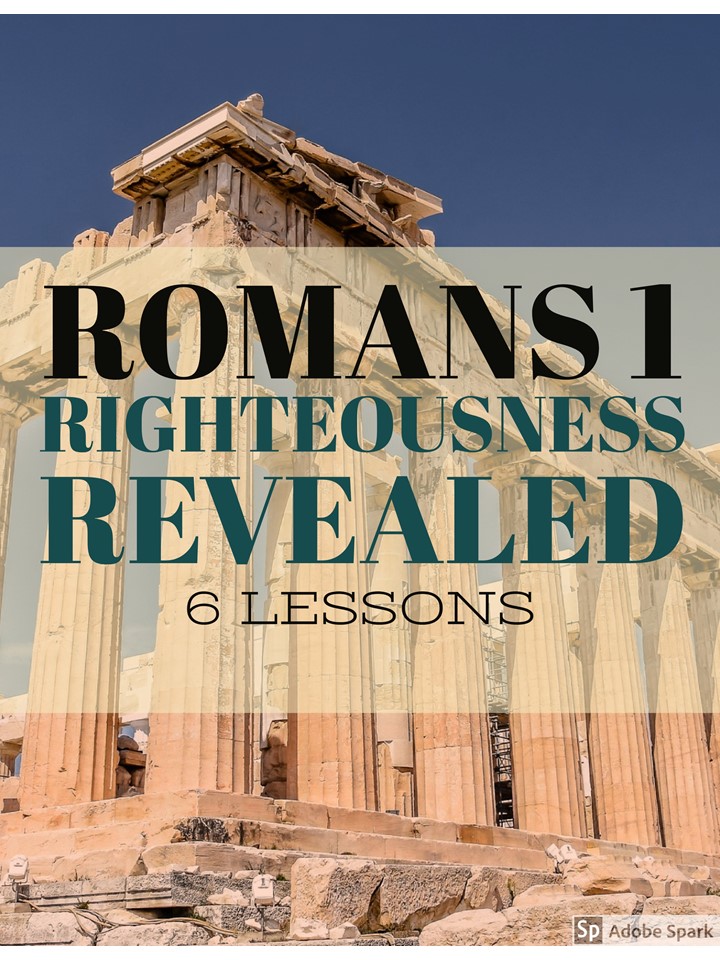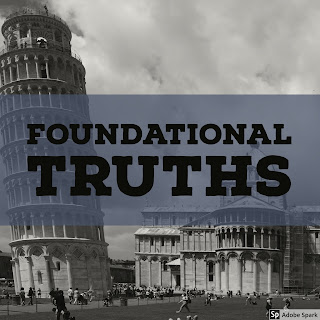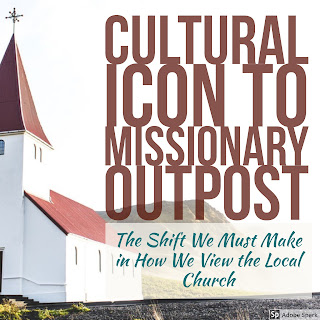4 Things You Need to Know About the Church

We're just going to keep making our way through 1 Corinthians 3 by looking at verses 16-17 today. If the foundational truth is that Jesus is the foundation, then these two verses help describe what he is building. This is not a comprehensive statement about what the Church is but these four truths will help us gain a healthy and biblical view of the Church. 1. You (y'all) are the temple of God. Throughout human history God has always found a way to dwell with his people. During the time before the Fall God simply walked with Adam and Eve in the cool of the day. The first two humans enjoyed a relationship with God that we can only dream about until we enter into eternity. During the time of the patriarchs God appeared to his people in various ways, but he didn't really dwell with them in any kind of permanent fashion. Then, as Israel was wandering around in the wilderness God chose to dwell with them in the tabernacle. Though it was nothing more than a portable "t






